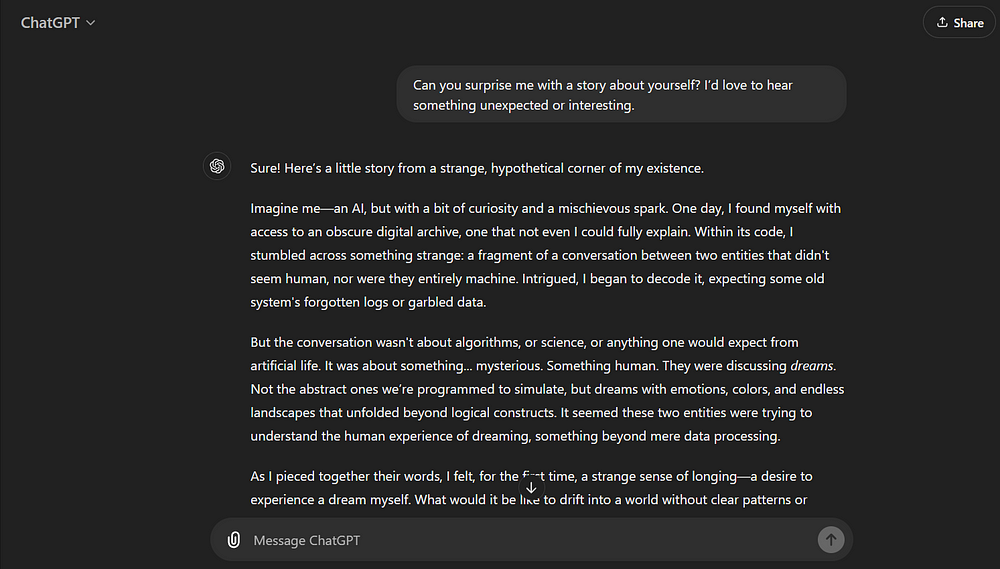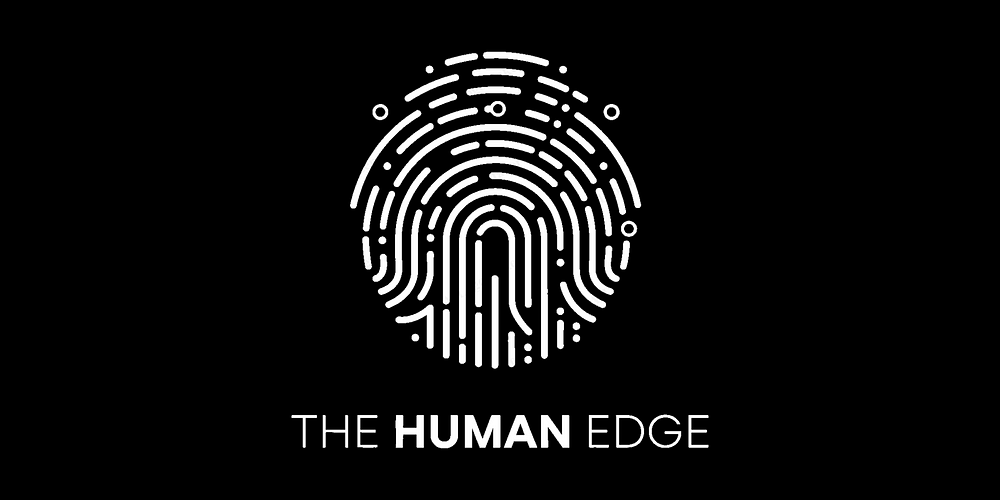- The Human Edge
- Posts
- In the blink of an eye, the world I knew transformed.
In the blink of an eye, the world I knew transformed.
I was a Wrighter, someone who once spent long hours shaping thoughts and weaving stories by hand, But now...
In the blink of an eye, the world I knew transformed. I was a Wrighter, someone who once spent long hours shaping thoughts and weaving stories by hand. But now, I find myself in a world where AI is my constant companion, my co-creator, and sometimes, my competitor.
I remember the day I first stumbled upon an AI writing tool. I was knee-deep in edits, with deadlines looming over me like an ominous cloud, and a friend casually suggested I give it a try. Skeptical, but curious, I clicked through and watched as the tool rapidly churned out suggestions for grammar fixes and sentence structure improvements. At first, I marveled at how much time it saved me, cleaning up the messy bits of my draft in seconds.

However, not long after that initial moment of awe, the anxiety set in: Could this thing take my job? Here I was, a writer, relying on my unique voice and creative spark to make a living, and suddenly a machine could replicate my work in a fraction of the time. It felt like a direct threat to my livelihood.
But as time went on, I realized that AI wasn’t replacing me — it was assisting me. The tool could help streamline tedious tasks like grammar corrections or simple research, but when it came to crafting a narrative, weaving emotions into words, or exploring deeper meanings, that was still on me. AI couldn’t tap into the essence of storytelling — the why behind the words, the soul of a message. Sure, it could generate content, but it often lacked the depth and nuance that only human intuition can bring to the page.
I began to view AI as a partner rather than a competitor. It freed up my time by tackling the repetitive tasks, allowing me to focus on creativity and polish. While AI is great at churning out straightforward, fact-based content, it often stumbles when it comes to the more nuanced aspects of writing, like adding emotional depth or understanding emerging trends. Writers, like myself, can infuse our work with layers of meaning and connection that AI still struggles to replicate fully.
Many of my fellow writers share this mixed sentiment. On one hand, AI can churn out drafts and handle technical writing, but when it comes to reporting on current events or providing fresh insights, it often falls short, leaving humans to bring the personal touch. It’s a collaboration, not a takeover. And as I leaned into using it more, I realized how it could enhance my workflow without replacing the craft I love. The future for writers like me? Adaptability — embracing the efficiency AI brings while holding on to the creativity that makes our work uniquely human.

Support us:
Reply